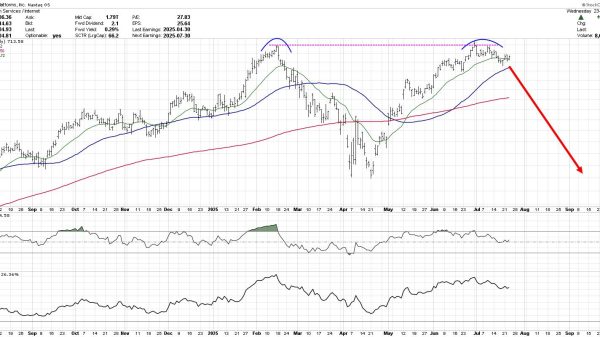
The US Treasury’s Undersecretary for Terrorism and Financial Intelligence, Brian Nelson, confirmed in a testimony before the House Financial Services Committee that the media and Washington lawmakers exaggerated earlier reports of Hamas using crypto to fund terrorist activities.
Wednesday’s hearing alluded to a report by Wall Street Journal that Hamas used crypto to raise “millions.” Crypto-skeptic lawmakers in Washington used the report as a pretext to argue for stricter oversight of the industry.
However, under examination by Republican Congressman Tom Emmer, Nelson confirmed the latter’s statement that “Hamas is using crypto in relatively small amounts compared to what’s widely been reported.”
He then clarified in his own words: “terrorists still prefer, frankly, to use traditional products and services.”
The WSJ’s blunder was based on a misinterpretation of data that neglected to disaggregate money flows to Hamas and the Palestinian Islamic Jihad from the total figures in the wallets under examination.
When asked how much money specifically went to terrorist organizations, Nelson replied: “I think we can have a classified conversation about precise numbers or expectations. I think we have done […] a good job in identifying the virtual asset service providers that they have relied on and the financial facilitators that they have historically relied on that would tend to use virtual assets.”
Emmer continued grilling Nelson, saying that the Treasury has an obligation to publicly clarify the record as “certain Senators are trying to base legislation on [the WSJ blunder] that would literally destroy innovation in this country.”
Terrorism and Trafficking: Crypto’s Underworld
WSJ’s distortions aside, crypto has played a role in facilitating criminal economies.
While crypto’s detractors in the media and Washington overplayed links to Hamas, they’re still there. Crypto’s role in money laundering and terrorism operations across the world is on the rise, according to the US Treasury’s 2024 National Risk Assessments.
Families of some of the victims of Hamas’s October 7 attack on Israel are suing Binance for its role in facilitating transfers of funds to the insurgents.
US prosecutors are also suing the exchange and its former CEO, Changpeng “CZ” Zhao, for insufficient KYC and AML policies, alleging that Al-Quaeda, ISIS, child pornographers and various sanctioned entities across the world laundered money through the exchange.
In a February report, the U.S. Treasury’s Financial Crimes Enforcement Network (FinCEN) said 95% of cases involving online child exploitation and human trafficking used crypto.
The post U.S. Treasury Backtracks on Claims of Hamas Using Crypto for Terrorism Financing appeared first on Cryptonews.





























